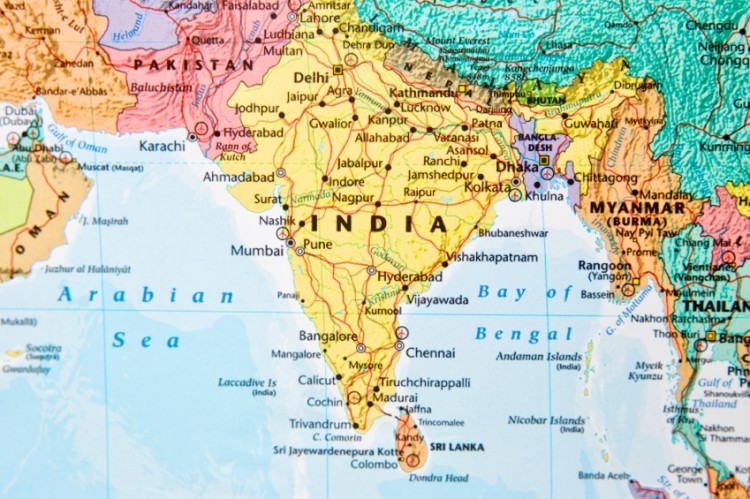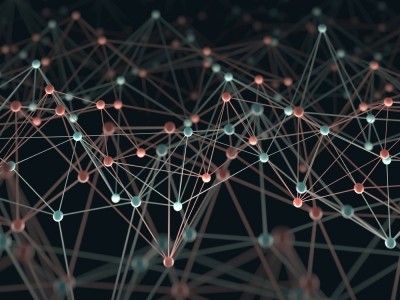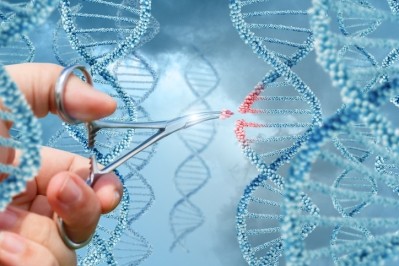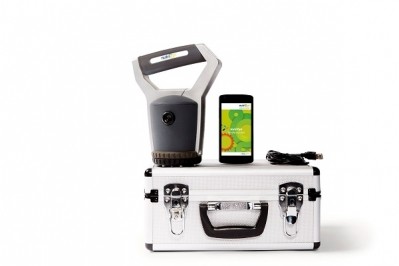Nutreco invests in Indian aquaculture partnership

Nutreco will take a majority share in the JV.
West Coast Group is an integrated aquaculture enterprise operating on India’s west coast and on the Gulf of Cambay. It is India’s eighth largest exporter of shrimp and a leading domestic distributor of frozen seafood and other food products.
The plant, to be constructed under the partnership, is expected to open in the first quarter of 2020. A spokesperson for Nutreco's aquaculture division, Skretting, told us production capacity at the facility will be up to 100,000 metric tons, on a phased in basis.
Feeds at that plant will target shrimp, marine species, and tilapia production.
In terms of why Nutreco/Skretting didn't just go it alone in terms of building a feed plant in India, she said:
"In many countries, we prefer to work with strong local partners for their market experience and believe that 1 + 1 = 3. West Coast is an excellent partner and will also be a major customer of the joint venture."
Skretting has already been exporting hatchery and other feeds to India. Until the new plant is on stream, Skretting said it will continue to supply feed for farmed fish from outside India into the region.
The spokesperson said the Indian market is a growing market for both shrimp and other farmed fish species. "Skretting has a strategy to be present in major growing markets like India and also to invest in different species like shrimp. This joint venture fits the strategic development agenda."
The alliance with the West Coast Group follows another India based aquaculture related investment by the Dutch group. In April, Nutreco announced it had taken a 25% share in Eruvaka, an India-based Internet of Things (IoT) company that develops connected devices and mobile-based decision tools aimed at helping shrimp farmers increase productivity.
Aquaculture production in India
According to the FAO, total aquaculture production in India 2012-2013 amounted to 4.21 million tons in volume terms. This constituted over a third of the country’s total fish production. This quantity is almost fully consumed on the domestic market, except for shrimps and freshwater prawns, which are mainly exported. India is the largest exporter of shrimps to the Netherlands. Specifically, freshwater aquaculture in India experienced over a tenfold growth in the past three decades, 0.37 million tons in 1980 to 4.03 million tons in 2010.
And the country offers a huge potential for aquaculture development, according to an April 2017 publication from the Netherlands Enterprise Agency, RVO, which wanted to evaluate opportunities for Dutch feed companies in India.
Those analysts said there is a need for higher quality feed to increase aquaculture production in India, as in other emerging countries. The Indian aquaculture industry also requires quality fish seed, preferably from disease resistant species that grow fast, and quality hatcheries, they wrote.
“Enabling a reduction in feed costs, for instance through high-quality feed, while stimulating good growth will increase margins for farmers.”
Sustainability issues are a concern with farmers that lack expertise and stock too much fish per tank to achieve a high output, they added. Fish farmers in India need to be made aware of better management practices, particularly those aimed at disease reduction, said the market experts.
Cargill sets up feed milling operation in India
January this year saw Cargill open its first fish feed mill in India; the plant is targeted at the production of tilapia and other warm water species. The move is an indication, it said, of its increasing level of commitment to the fish feed business in that market and throughout Asia.
The mill was acquired from Mulpuri Foods and Feeds. It is strategically located in the Andhra Pradesh region, the principal area for aquaculture production in India. The mill will serve farmers across Andhra, Tamil Nadu, Odisha and Bengal.
The agribusiness giant currently works with toll millers in the region, selling about 30,000 tons of fish feed a year. The new plant, with a capacity of 90,000 tons per year, will enable it to triple its fish feed capacity in India.
This article was updated to include the comments from Skretting.















